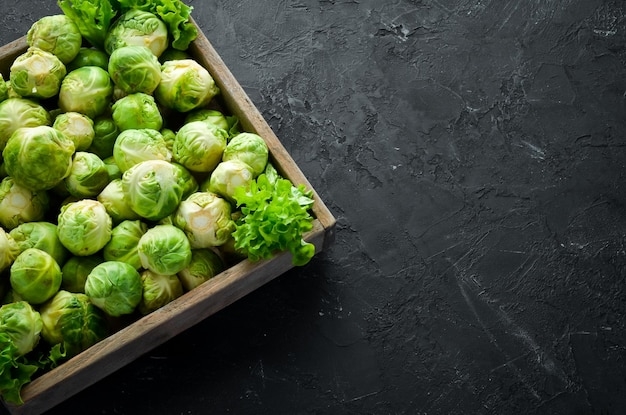Introduction
Greek Baklava is a delightful dessert that originated in the Ottoman Empire and became popular in Greece and the wider Eastern Mediterranean region. Made with layers of crispy phyllo pastry and sweet nuts, it is a rich and indulgent treat that is perfect for special occasions. However, many people are unaware of the nutritional value of Greek Baklava. In this article, we will explore the protein, healthy fats, and vitamin E content of Greek Baklava per 100g.
Protein Content
Protein is an essential macronutrient that is vital for building and repairing muscle and other tissues in the body. Greek Baklava may not be the first food that comes to mind when you think of protein, but it actually contains a surprising amount. According to the United States Department of Agriculture (USDA), 100g of Greek Baklava contains around 8g of protein.
While this may not sound like a lot compared to protein-rich foods like eggs or chicken, it is a decent amount for a dessert. Protein is also important for regulating blood sugar levels and promoting feelings of satiety, which can help to prevent overeating.
Healthy Fat Content
Although Greek Baklava is often seen as a high-calorie and indulgent food, it is actually a good source of healthy fats. The nuts and seeds used in the recipe, such as walnuts and sesame seeds, contain high levels of monounsaturated and polyunsaturated fats, which are essential for maintaining healthy cholesterol levels and reducing the risk of heart disease.
According to the USDA, 100g of Greek Baklava contains around 19g of fat, of which around 4g is saturated. While saturated fat should be consumed in moderation, the high levels of unsaturated fat in Greek Baklava make it a healthier choice than many other desserts that are high in trans fats or refined sugar.
Vitamin E Content
Vitamin E is a powerful antioxidant that plays a crucial role in maintaining healthy skin, eyesight, and immune function. It is also important for reducing the risk of chronic diseases such as cancer and heart disease.
Nuts and seeds are some of the best dietary sources of vitamin E, and Greek Baklava is no exception. According to the USDA, 100g of Greek Baklava contains around 4mg of vitamin E. This is almost 27% of the recommended daily intake of vitamin E for an adult.
Other Nutritional Information
In addition to protein, healthy fats, and vitamin E, Greek Baklava also contains other important nutrients such as fiber, iron, and calcium. However, it is important to note that it is also high in calories, sugar, and carbohydrates, so it should be eaten in moderation as part of a balanced diet.
FAQs
Q. Is Greek Baklava a healthy dessert?
While Greek Baklava contains some beneficial nutrients such as protein, healthy fats, and vitamin E, it is also high in calories, sugar, and carbohydrates. It should be enjoyed in moderation as part of a balanced diet.
Q. Is Greek Baklava suitable for vegans?
Greek Baklava is usually made with honey, which is not considered vegan. However, it is possible to make vegan-friendly versions using agave or maple syrup.
Q. How many calories are in Greek Baklava?
The calorie content of Greek Baklava can vary depending on the recipe and serving size, but it is generally quite high. According to the USDA, 100g of Greek Baklava contains around 400-500 calories.
Q. Can I eat Greek Baklava if I have a nut allergy?
No, Greek Baklava contains nuts and is not suitable for those with a nut allergy.
Q. How can I make a healthier version of Greek Baklava?
To make a healthier version of Greek Baklava, you can:
– Use less sugar or substitute with a natural sweetener like honey or agave.
– Use whole grain phyllo pastry instead of traditional white pastry.
– Use a mixture of different nuts and seeds to vary the nutrient content.
– Reduce the portion size or serve with fresh fruit to balance the calorie content.
Conclusion
Greek Baklava is a delicious and indulgent dessert that contains a surprising amount of beneficial nutrients such as protein, healthy fats, and vitamin E. While it should be enjoyed in moderation due to its high calorie and sugar content, it is a healthier choice than many other desserts that are high in trans fats or refined sugar. By using high-quality ingredients and making small adjustments to the recipe, it is possible to enjoy Greek Baklava as part of a healthy and balanced diet.

















































